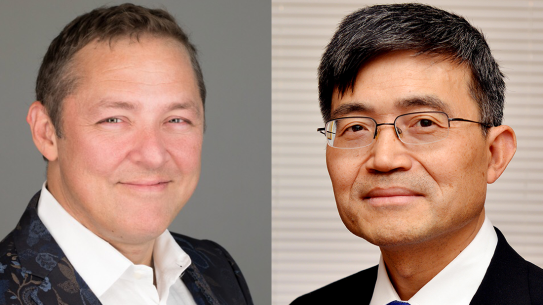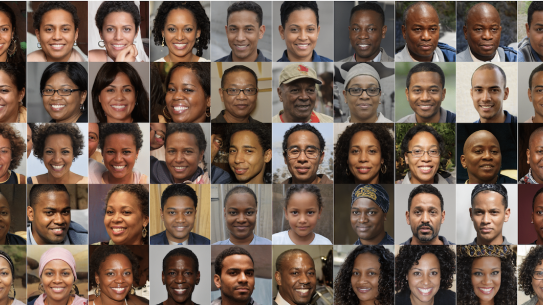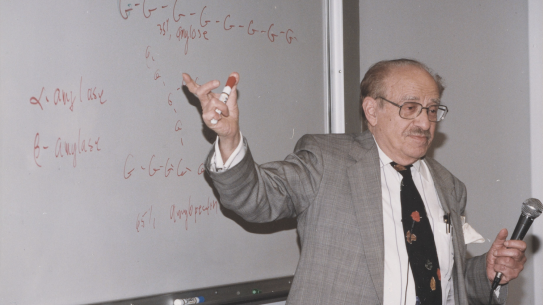Elevating the higher education landscape
Tandon receives funding from the National Science Foundation to diversify STEM faculty
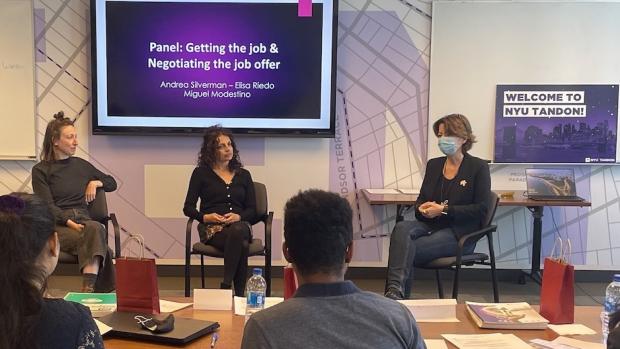
Among the types of initiatives Project ELEVATE hopes to encourage is Faculty First Look, which helps underrepresented doctoral candidates get on the tenure track. Here, PI Elisa Riedo (center) and Co-PI Jelena Kovačević (right) offer advice to the 2022 cohort.
According to the National Center for Education Statistics, the vast majority of the 1.5 million faculty members at degree-granting postsecondary institutions in the U.S. are white. But as more members of historically underrepresented communities are attending college and graduate schools, faculty diversity is vital to creating a vibrant, equitable, and inclusive environment.
The NYU Tandon School of Engineering recently entered into a collaboration with Carnegie Mellon, in Pittsburgh, and Johns Hopkins, in Baltimore, to tackle that issue. With a $3 million grant from the National Science Foundation, the institutions will develop methods of promoting the advancement of tenure-track engineering faculty from groups not generally represented in STEM academia.
“We consistently hear from students that it’s enormously encouraging to have role models from cultures and backgrounds similar to their own,” says Tandon’s Director of Faculty Development and Professor of Chemical and Biomolecular Engineering Elisa Riedo, who is the Principal Investigator on the project. “It proves to them that their goals are within reach and that the challenges they may face are not insurmountable.”
In addition to Riedo, the project involves two Co-Principal Investigators: Dean Jelena Kovačević and Professor Yao Wang.
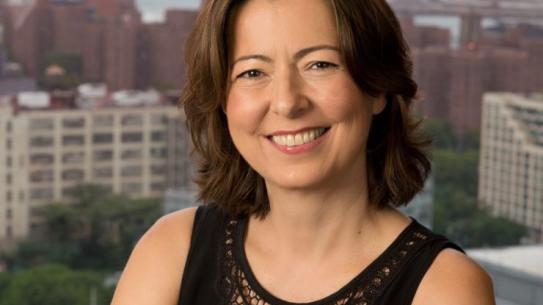
Dean Jelena Kovačević
Under the auspices of the NSF's Alliances for Graduate Education and the Professoriate (AGEP) program, the initiative — which has been dubbed Project ELEVATE (Equity-focused Launch to Empower and Value AGEP Faculty to Thrive in Engineering) — focuses on three major areas:
- Equity-focused institutional change designed to make structural changes that support the advancement of AGEP faculty
- Developing and sustaining an infrastructure that facilitates impactful mentorship of AGEP junior faculty
- Inclusive professional development that equips all engineering faculty and institutional leaders with skills to implement inclusive practices and support career advancement
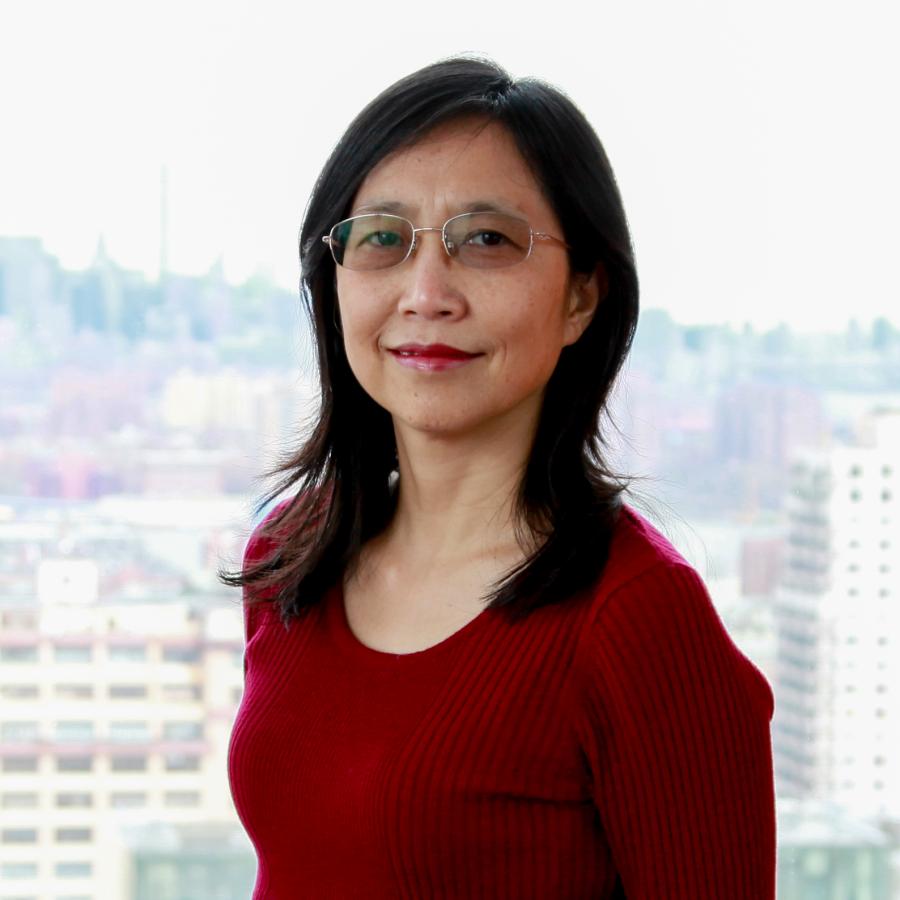
“Our aim in joining the collaboration is to help create strategies for change at a fundamental, systemic level,” says Wang, who also serves as the Associate Dean for Faculty Affairs. “When all faculty members know that they are part of a truly inclusive community that values them and is responsive to their concerns, it encourages collaboration, scientific curiosity, and innovative thinking.”
Jean Gallagher, the co-chair of Tandon’s Department of Technology, Culture, and Society, who played a large role in envisioning the project and securing funding, adds: “Encouraging change at any large institution is almost always a challenge, but Tandon is fully committed to taking the needed steps and to spreading what we learn in the process to other places with a similar drive to better serve their faculty, students, and other members of their community.”
Under Kovačević’s leadership, Tandon has implemented several diversity-focused initiatives, including the establishment of an Office of Inclusive Excellence. “The words ‘STEM’ and ‘underrepresented’ are all too often uttered in the same breath, and at Tandon, we’re proud to be doing our part to change that,” she says. “A more diverse faculty can only lead to greater numbers of STEM students from diverse populations, a STEM workforce that better mirrors the nation as a whole, and technology that benefits all of society. We’re very grateful to the NSF for recognizing the importance of this issue and for the chance to work with esteemed colleagues at Carnegie Mellon and Johns Hopkins.”



